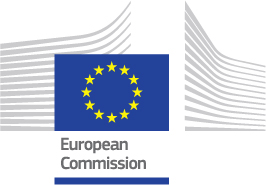Engaging Non-Native Language Speakers in Our Classroom
One day
Novice
Course details
The course is aimed at fostering plurilingual competences at school, enhancing the students’ home languages and plurilingual repertoire, as strongly recommended by the Common European Framework of Reference for languages, Companion Volume (2020) and by the Council Recommendation for a comprehensive approach to the teaching and learning of languages (2019).
Example of methods, strategies and techniques, such as CLIL (Content and Language Integrated Learning) and the Healthy Linguistic Diet model by Dina Mehmedbegovic-Smith and Thomas Bak will be mentioned and referred to during the course.
- Start date: Monday 4 July 2022
- End date: Wednesday 20 July 2022
- Workload: 8 - 10 hours
This course has concluded but the content remains available for browsing!
- You can access the modules by enrolling in the course
- It is no longer possible to take part in the final activity and receive a certificate of completion
- Please note that user support for this course is no longer provided
Target audience
Primary and secondary school language teachers as well as other subject teachers and trainers
Learning objectives
- How to broaden students’ linguistic experiences by fostering plurilingual competences at school
- The Common European Framework of Reference for languages and the Council Recommendation for a comprehensive approach to the teaching and learning of languages
- Methods, strategies and tools that help students build up a communicative approach
- How to create a classroom environment where all languages interrelate and interact
This content is offered by the European Commission. The European Commission is the European Union's politically independent executive arm. It is alone responsible for drawing up proposals for new European legislation, and it implements the decisions of the European Parliament and the Council of the European Union.

Schedule
- How This Course Works
- Module 1: "Monolingualism is a Curable Disease" - Anthony Mollica
- Module 2: Strategies and Methodologies for Plurilingualism
- Module 3: Final Assignment - Submission and Peer Assessment


